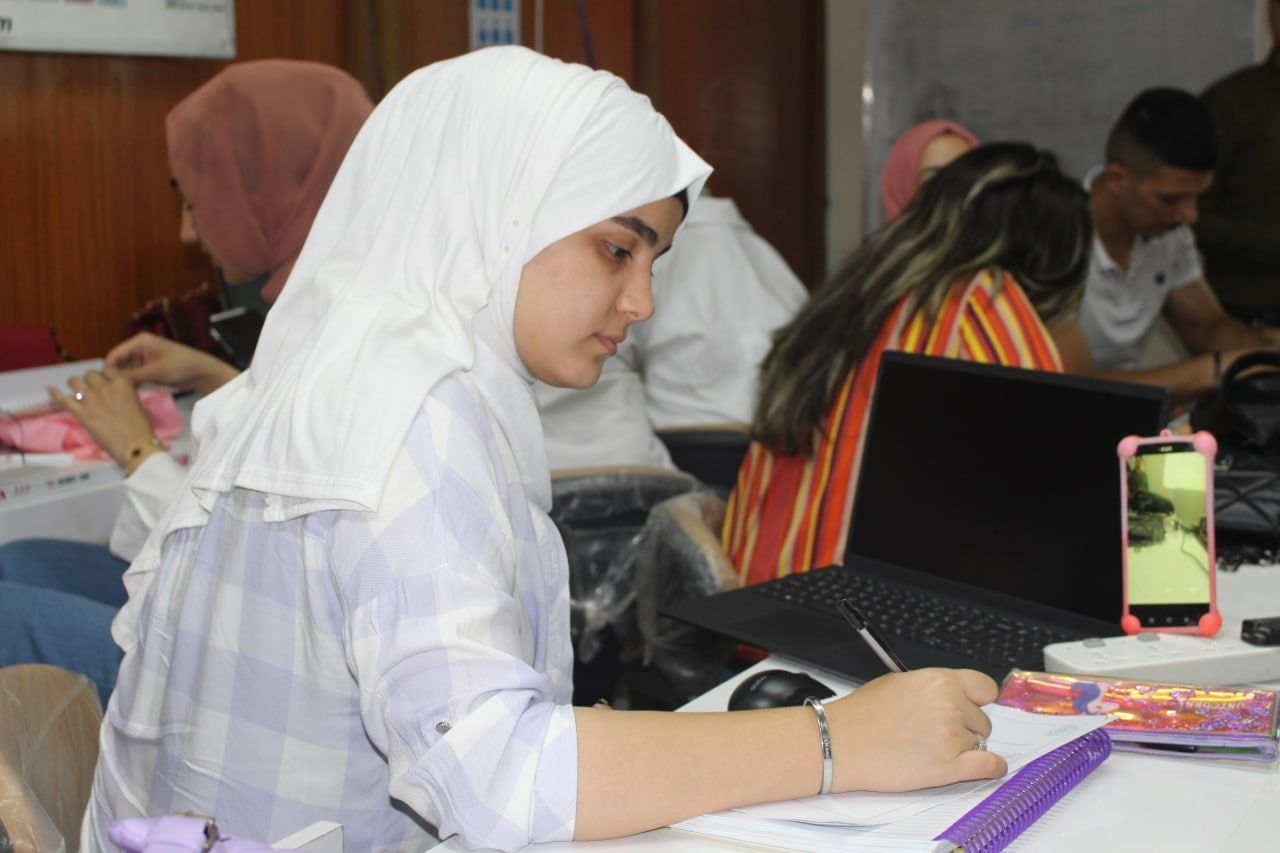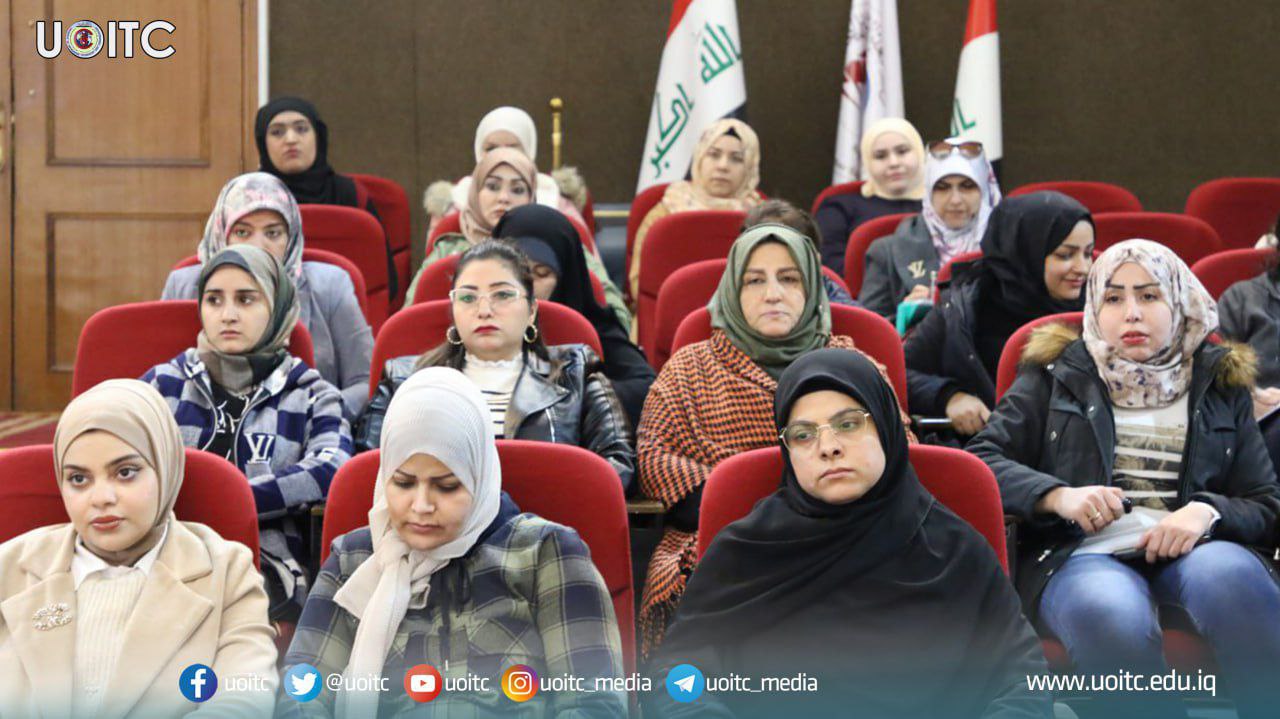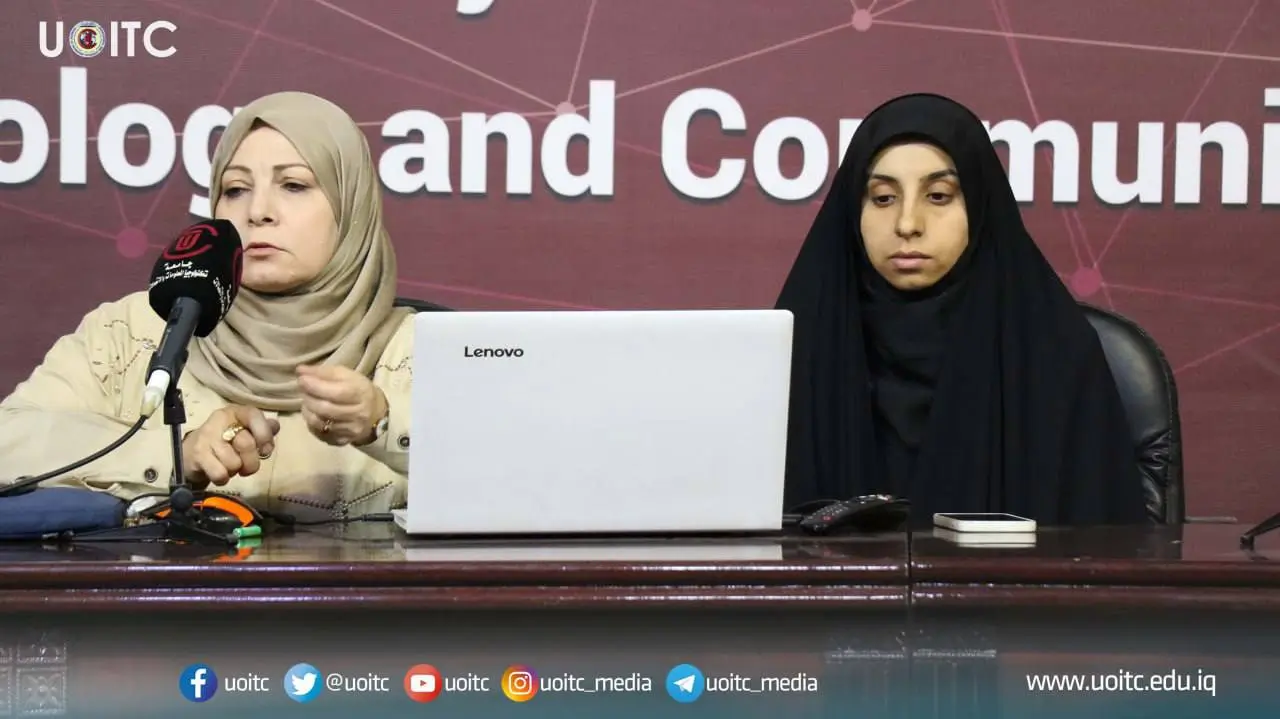Division of Women’s Affairs
A process of comprehensive change in the processes responsible for raising women’s status in society, enabling them to set their agenda and goals, and providing women with the ability to make strategic decisions that give them strength that enable them to control their lives.

There are several important elements to achieve women’s empowerment, including the following.
• Women’s right to make their own choices.
• A woman’s right to be able to control her life, whether inside or outside the home.
• Women’s sense of their value and self-worth.
• Women’s right to access resources and be provided with opportunities to benefit from them.
• Women’s right to influence the directions of the social and economic system at the national and service levels.

• Paying attention to training and developing women professionally.
• Implementing and developing projects, supply chains, and marketing policies that empower women economically.
• Establishing high-level institutional leadership aimed at gender equality.
• Achieving equality, justice, and non-discrimination between people and men

This is to increase the participation rate of women in all government sectors and at all functional levels by investing their energies and capabilities, expanding their work options, and increasing their participation to ensure equal opportunities between the sexes, and their assumption of senior structural leadership positions in government agencies through a set of supporting projects.

Women’s empowerment falls within several areas, including the following:
Economic empowerment
Economic empowerment gives women the ability to control family resources and their source of income, in addition to many economic matters such as access to markets and providing them with equal job opportunities with men in access to important economic positions, their participation in economic decision-making, and enhancing their ability to financial independence through earning money and participating within the workforce.
Political empowerment
Women’s political empowerment includes the right to vote and their involvement in the political system after possessing political knowledge. It also enables them to represent governments locally and internationally.
Social empowerment
Social and cultural empowerment of women includes social participation outside the family, and on a broader scale, it provides opportunities for women to access a wide range of educational options, which contributes to eradicating women’s illiteracy, and this in turn improves their image, roles, and achievements in society, as social empowerment is concerned with Cultural benefits for females in terms of education and reducing discrimination against them by reducing traditional standards that focus on preferring males.
Legal empowerment
Women’s legal empowerment includes knowing their legal rights and obtaining community support that helps them exercise those rights, through conducting campaigns to raise awareness of their rights, mobilizing the community to support them, and the effective implementation of legal rights. On a large scale, legal empowerment encourages the enactment of laws that support women’s rights. Defend them and correct any violation of rights through the judicial system.
Psychological empowerment
Psychological empowerment includes women’s psychological comfort, their self-esteem, and the enhancement of their self-efficacy. It also increases social awareness against women’s injustice, on a large scale, so that psychological empowerment makes women feel positively integrated into society and worthy, and on the other hand, it enhances societal acceptance of that integration.
